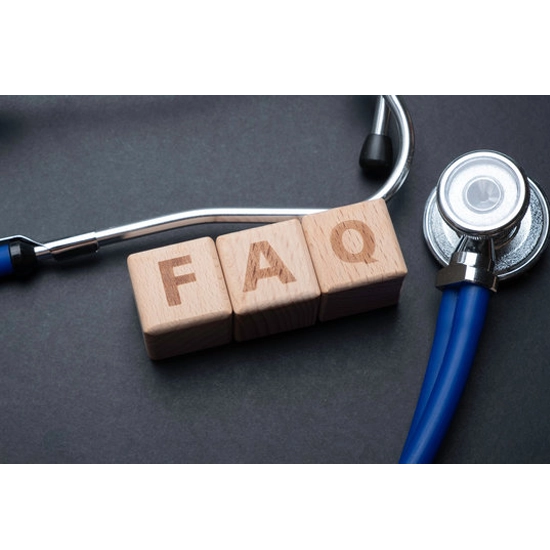.webp)
Book AML Measurable Residual Disease (MRD) Appointment Online Near me at the best price in Delhi/NCR from Ganesh Diagnostic. NABL & NABH Accredited Diagnostic centre and Pathology lab in Delhi offering a wide range of Radiology & Pathology tests. Get Free Ambulance & Free Home Sample collection. 24X7 Hour Open. Call Now at 011-47-444-444 to Book your AML Measurable Residual Disease (MRD) at 50% Discount.
Acute myeloid leukaemia (AML) is a very diverse collection of cancers that are fueled by different mutations and/or chromosomal abnormalities. The disease, which affects both the blood and bone marrow, is distinguished by the clonal growth of immature "blast cells," which results in inefficient hematopoiesis (the process of making blood cells), and ultimately bone marrow failure.
AML relapse typically results from the appearance of a few remaining original leukemic clones or the emergence of a new, genetically related clone. In the latter scenario, a leukemic clone may evolve survival advantages and resistance mutations that might trigger disease relapse4. In order to find a solution, it is crucial to eliminate even the tiniest number of leukemic clones.
Measurable residual disease (MRD) detection refers to the process of finding these remaining clones. According to studies, MRD may be a reliable indicator of survival and relapse, which may have long-term effects on the therapeutic approaches used to treat AML.
Due to the large degree of disease heterogeneity, it is difficult to assess MRD in AML samples since it requires highly sensitive detection of minute amounts of residual disease in addition to the necessity to cover a number of indicators. Although there are many technologies available, conventional methods have significant drawbacks and lack uniformity and comparability.
Multi-parameter flow cytometry (MFC) is used to identify MRD by analysing antigens linked to leukemic cells, which are uncommon in healthy bone marrow. Unlike qPCR or NGS, this approach does not keep track of specific mutations. The availability of MFC in numerous laboratories and its reasonable turnaround times are two of its benefits.
There is now a lot of research being done to improve standards and assess new genetic testing techniques for MRD in AML. The developing technology of next-generation sequencing (NGS) shows considerable potential for MRD evaluation. Similar to PCR, NGS can monitor a variety of genomic changes, and unlike MFC, the analysis is not dependent on subjective interpretation. The main benefit of NGS is the simultaneous evaluation of many genomic targets, allowing laboratories to use a single, all-encompassing test to evaluate a variety of mutations present in various samples.
| Test Type | AML Measurable Residual Disease (MRD) |
| Includes | AML Measurable Residual Disease (MRD) (Pathology Test) |
| Preparation | |
| Reporting | Within 24 hours* |
| Test Price |
₹ 5000
|

Early check ups are always better than delayed ones. Safety, precaution & care is depicted from the several health checkups. Here, we present simple & comprehensive health packages for any kind of testing to ensure the early prescribed treatment to safeguard your health.